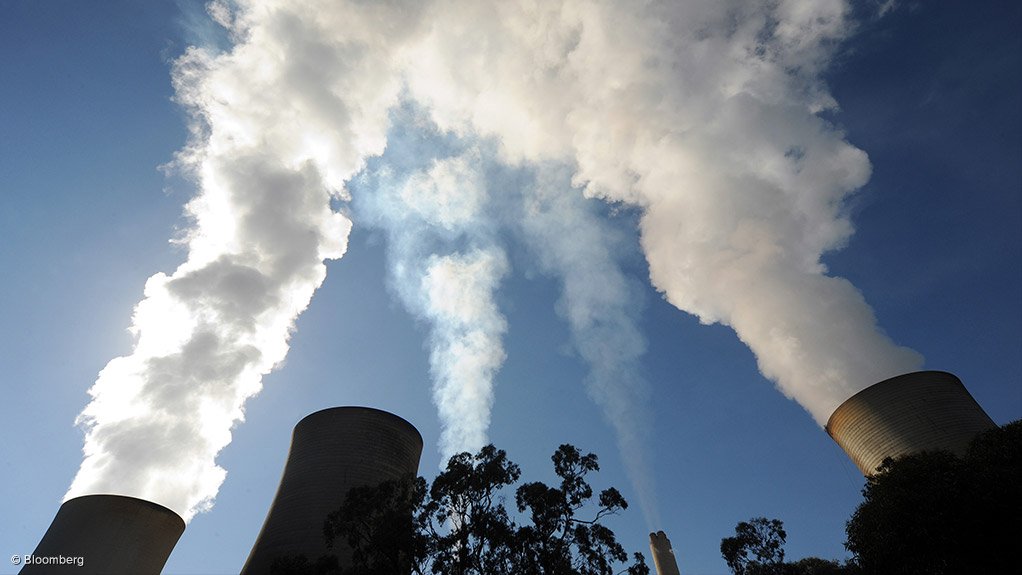South African oil refineries need to be aware of their impact on the environment to comply with changing legislation and to further investment opportunities, states Norton Rose Fulbright insurance litigation director Caroline Theodosiou.
“Oil refineries need to ensure that, if they are increasing their capacity or the amount of oil they produce, they do not cause harm to the environment.”
She notes that where such harm is foreseeable – and it can be argued that the negative impact on the environment and resultant extreme changes in the weather are foreseeable – refineries need to take appropriate steps to guard against this.
Being able to show that they have taken climate change into account, and steps to ensure that they reduce the negative impact of oil production and disposal on the environment, would positively impact on oil refineries’ ability to obtain insurance and attract investors, Theodosiou explains.
While the causes of extreme weather events have not been fully established, the negative impact of human activity on the environment is thought to be part of the problem. “To this end, if oil refiners are able to take steps to reduce emissions or provide better mechanisms of disposing of used oil, for example, this will impact positively on the environment and should theoretically slow down the effects of climate change,” Theodosiou concludes.
Edited by: Zandile Mavuso
Creamer Media Senior Deputy Editor: Features
EMAIL THIS ARTICLE SAVE THIS ARTICLE
ARTICLE ENQUIRY
To subscribe email subscriptions@creamermedia.co.za or click here
To advertise email advertising@creamermedia.co.za or click here













